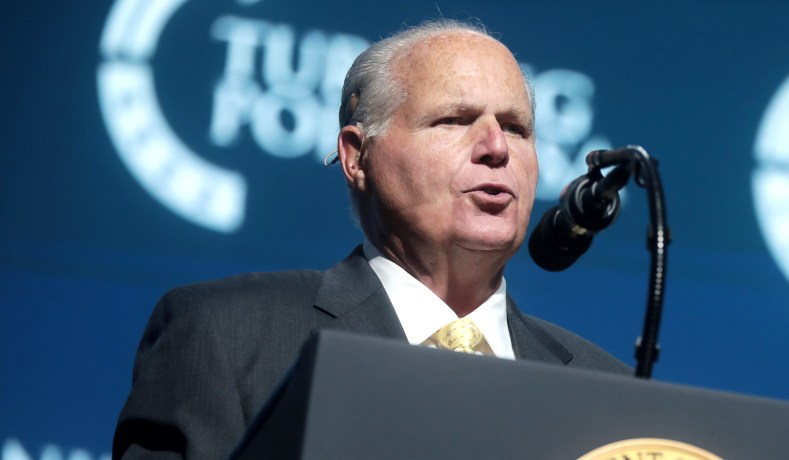In a time before the repeal of the fairness doctrine, Red Lion v. FCC (1969) said the government could regulate or censor speech, while editorial judgement took a back seat.

In regards to this case, here’s the facts. Red Lion Broadcasting Co. (Plaintiff) argued the Federal Communications violated it’s First Amendment right when the FCC passed a right to reply rule, in order to give person or group a chance to respond to any criticism on any Red Lion broadcast.
The Supreme Court faced this issue: Did the FCC’s rule of right to reply, which was part of the fairness doctrine, violate the First Amendment of the Constitution?
When it came to a holding, the Supreme Court ruled this way. The Court said the FCC could regulate the press, when it comes to the limited spectrum airwaves. Therefore, a licensee must give a right of reply in regards to the fairness doctrine.
Supreme Court Justice White gave the majority opinion. He said: “Without government control, the medium would be of little use because of the cacophony of competing voices, none of which could be clearly and predictably heard.” The government was worried about voices not being heard if the fair doctrine was to be overruled.
Furthermore, Justice White, in giving the majority’s opinion, echoed the famous Supreme Court Justice Oliver Wendal Holmes, who was famous for his marketplace of ideas speech.
“It is the right of the viewers and listeners, not the right of the broadcasters, which is paramount. … It is the purpose of the First Amendment to preserve an uninhibited market-place of ideas in which truth will ultimately prevail, rather than to countenance monopolization of that market.”
In the 1960s, the fairness doctrine was big. It was a time when DNC monitors would use the fairness doctrine to litigate and make responses on the airwaves. They did this after President Kennedy was attacked by coservatives on the radio. Anyways, both Democrats and Republicans used the fairness doctrine in the 60s to get a right of reply on the radio waves.
That being said, starting in the 1970s, the fairness doctrine started to become impractical. Basically, the right of reply would not work on cable news, since it would take up all the time. Essentially, there were too much cable news channels to give everyone a chance to give their side to a story.
In 1987, the direction of the Court would turn when it repealed the fairness doctrine. This repeal would lead to a surge of conservative talk shows like Rush Limbaugh, Alex Jones, Glen Beck, and others. The repeal of the fairness doctine was one of President Reagan’s greatest achievements.
Nevertheless, today, the fairness doctrine still exists, in a small way, on broadcast news. When there is a presidential election, candidates are given equal broadcast time on major networks. President Trump got campaign time on SNL at a late night time. Therefore, the fairness doctrine hasn’t totally been abandoned on broadcast news.
Furthermore, the ACLU continues to support the fairness doctrine. Ocassionally, they submit briefs to the Supreme Court in support of the fairness doctrine. They argue for a diversity of views in response to corporations squeezing out minority views and voices in the media.
It should be said that the government can always pass a law to censor speech. The Necessary and Proper Clause of the Constitution states: “The Congress shall have Power … To make all Laws which shall be necessary and proper for carrying into Execution the foregoing Powers, and all other Powers vested by this Constitution in the Government of the United States, or in any Department or Officer thereof. ” When it comes to Congress’ Article 1, Section 8 powers of the Constitution, Congress can always pass a law to execute it’s forgoing powers, even if that law is to censor or regulate free speech in the interest of national security.
In conclusion, the Supreme Court said we must be fair in Red lion v. FCC. The government said everyone gets a right of reply on the airwaves, because everyone has a First Amendment right. However, in time, Red lion would not be good law and would be overruled.
